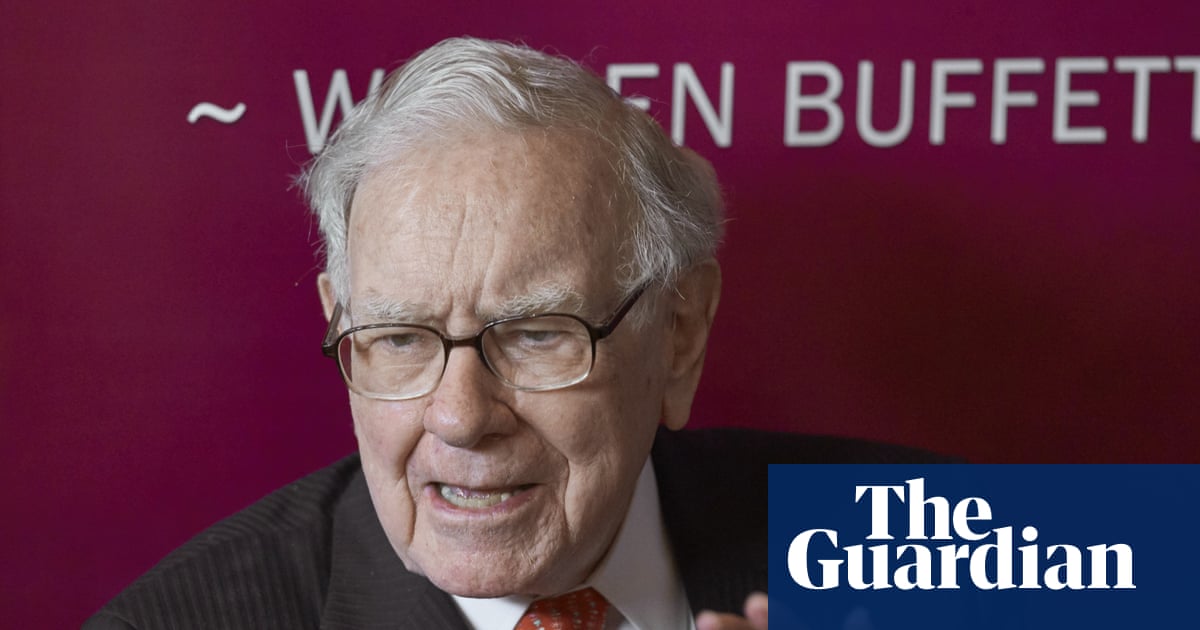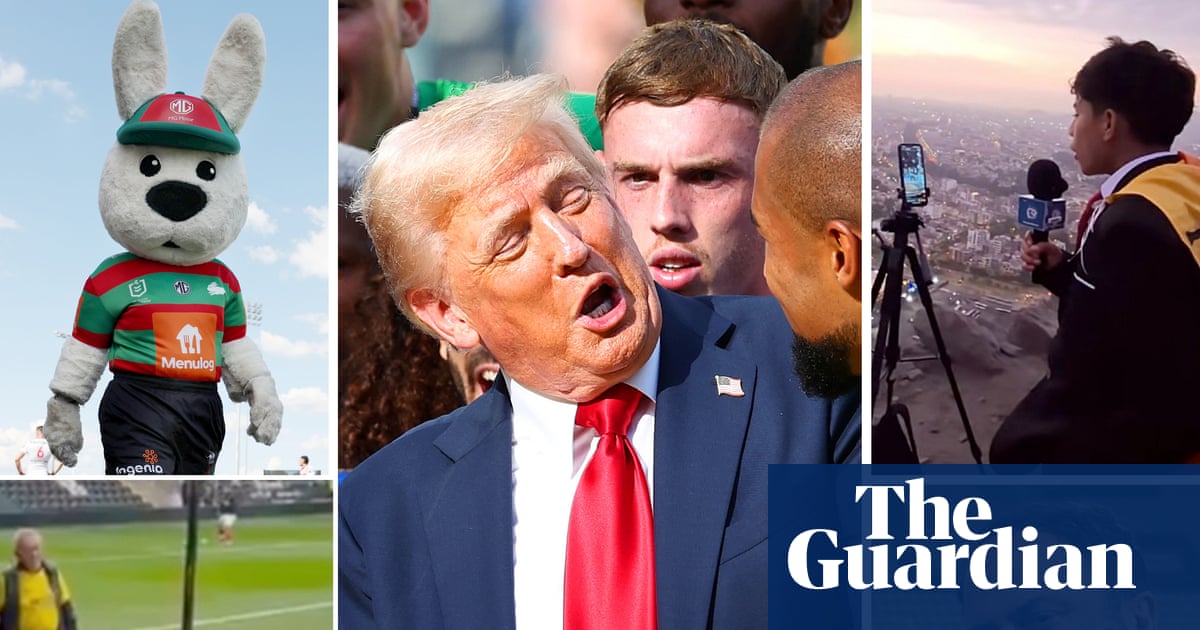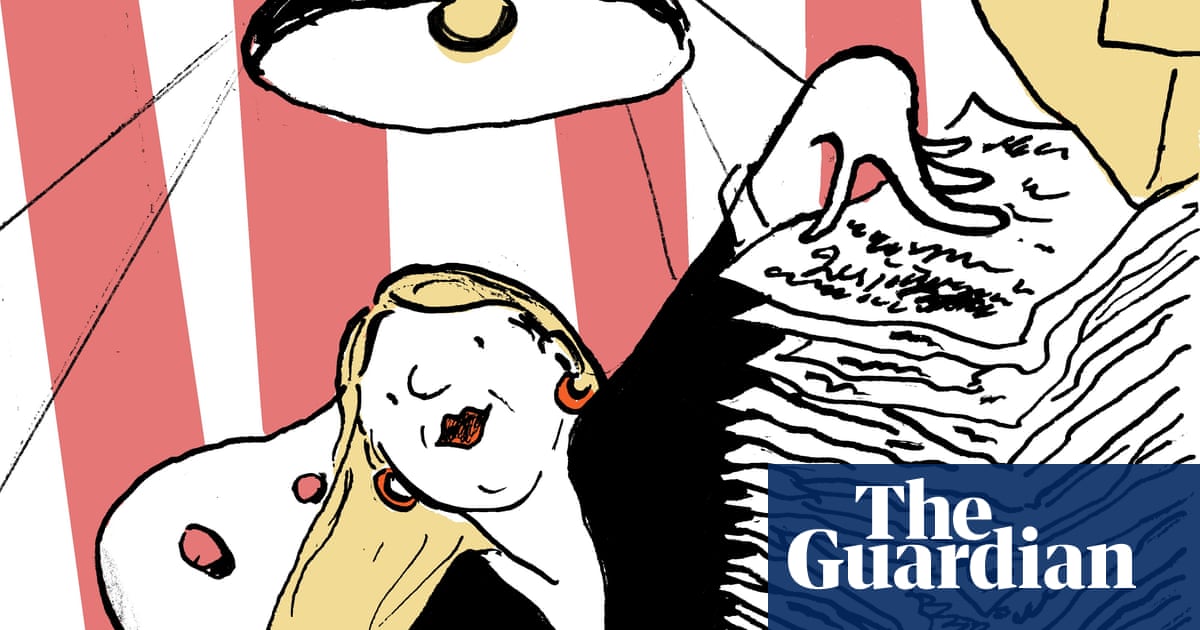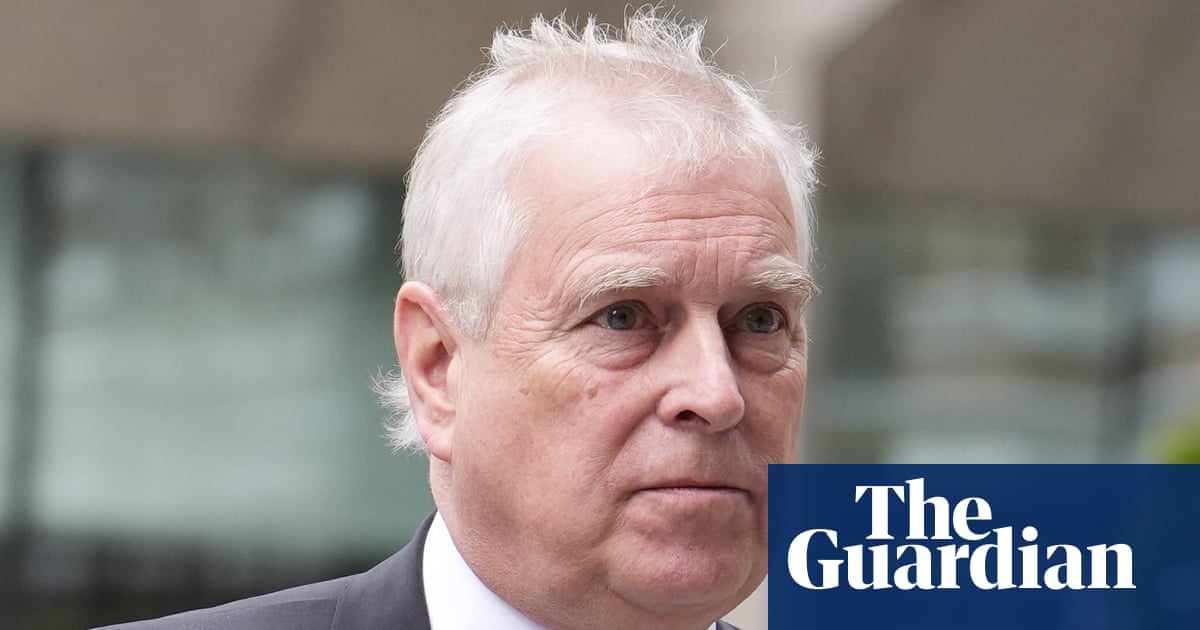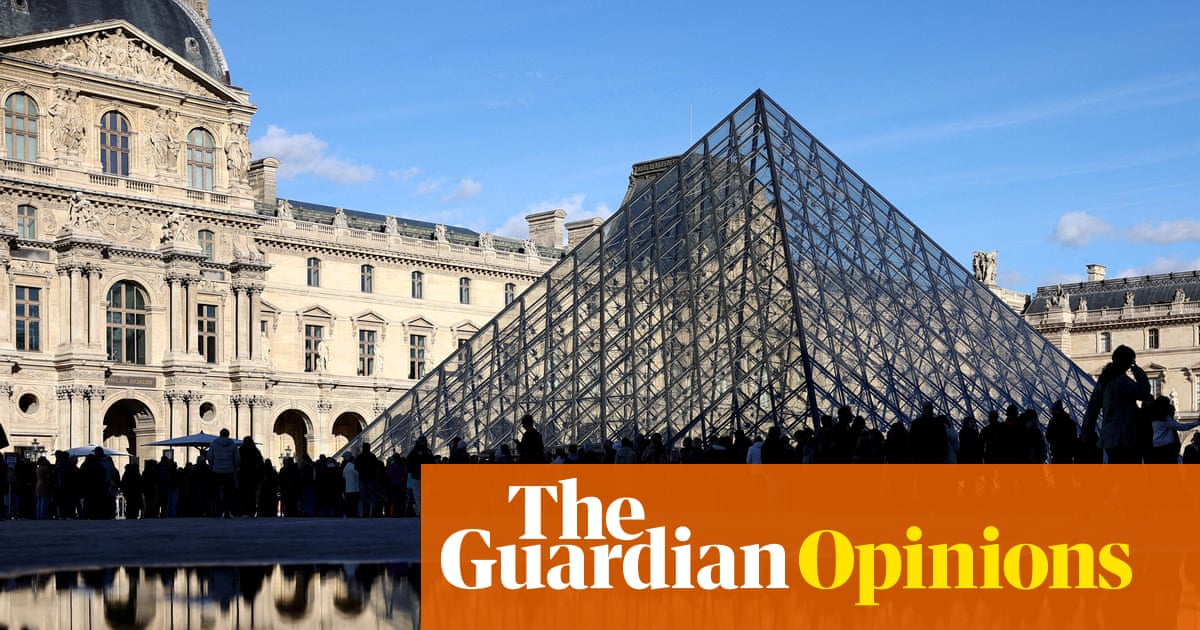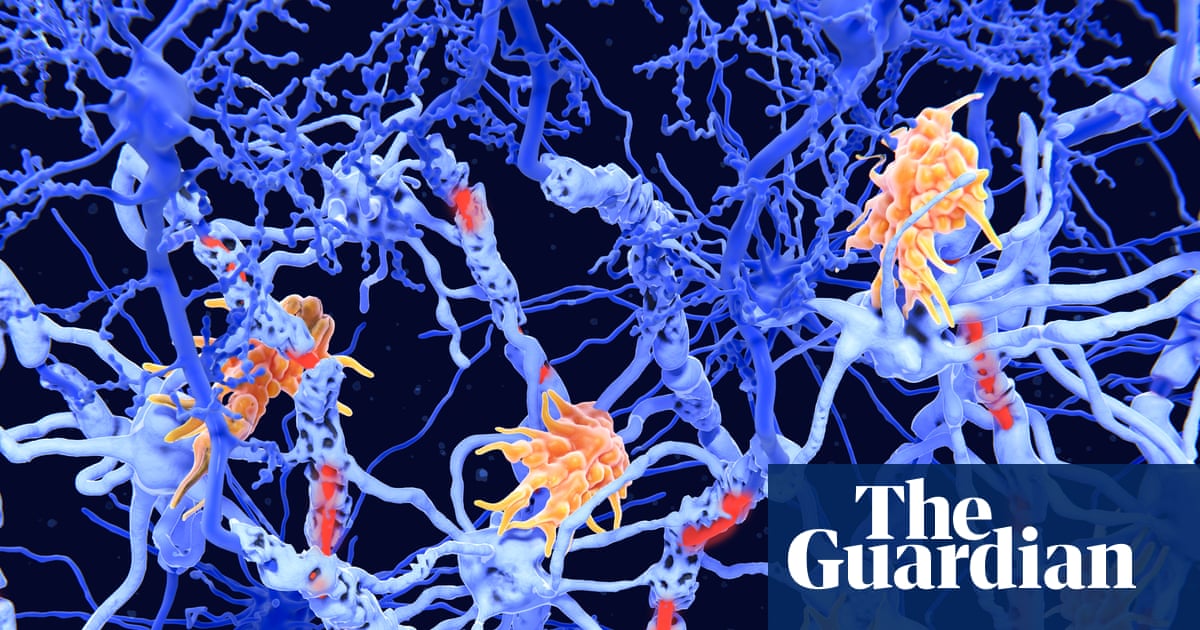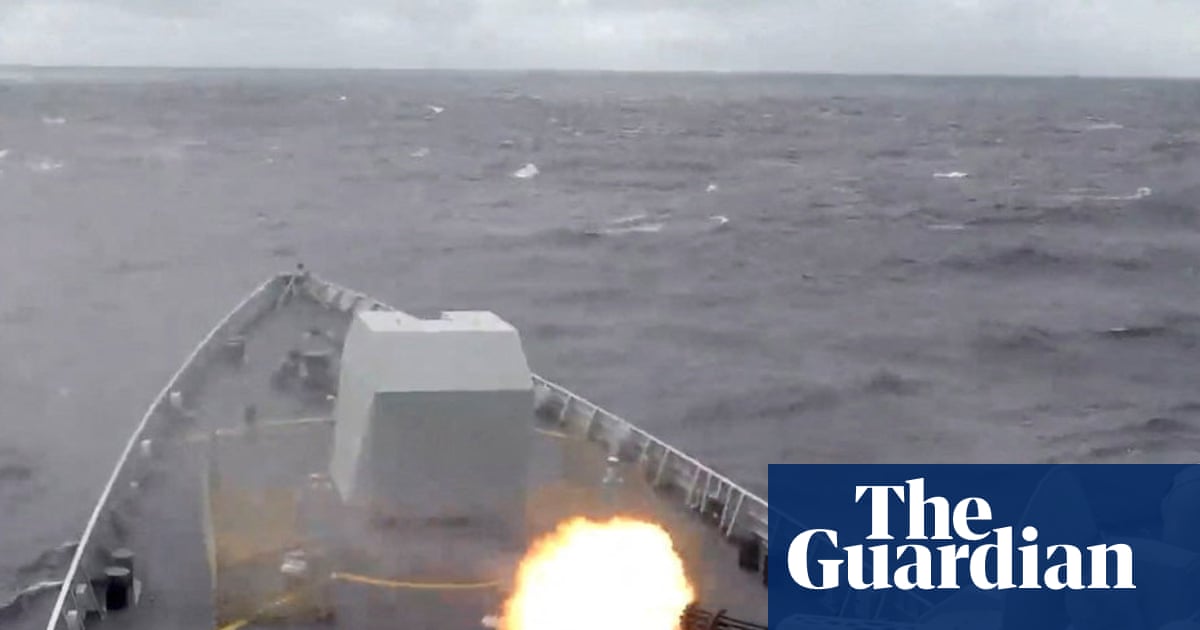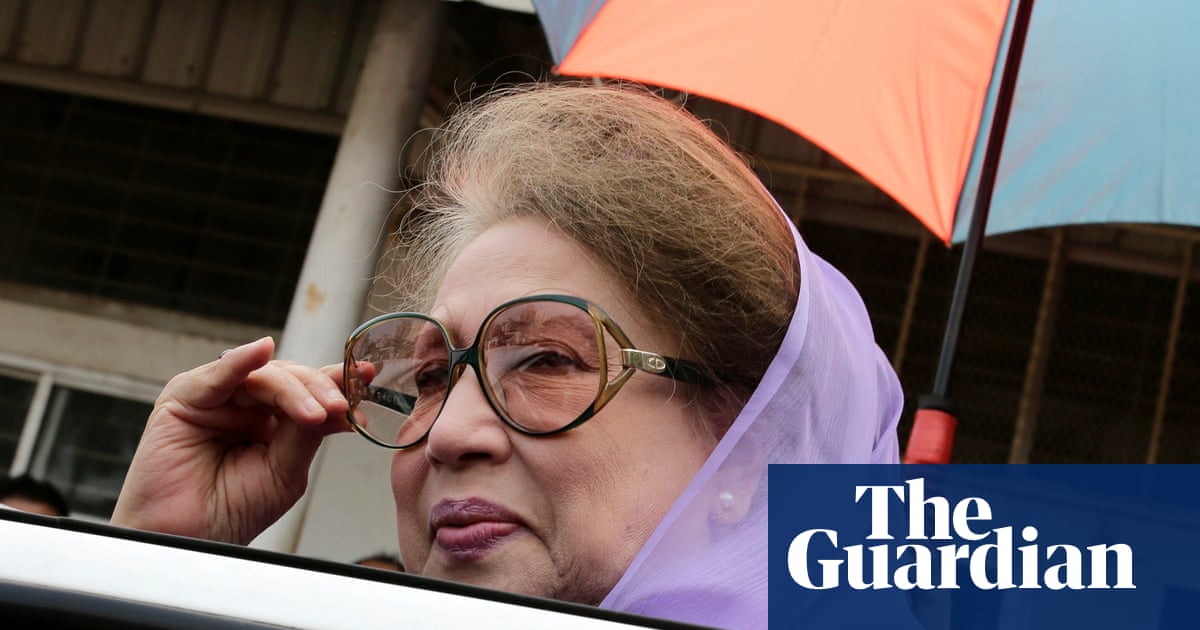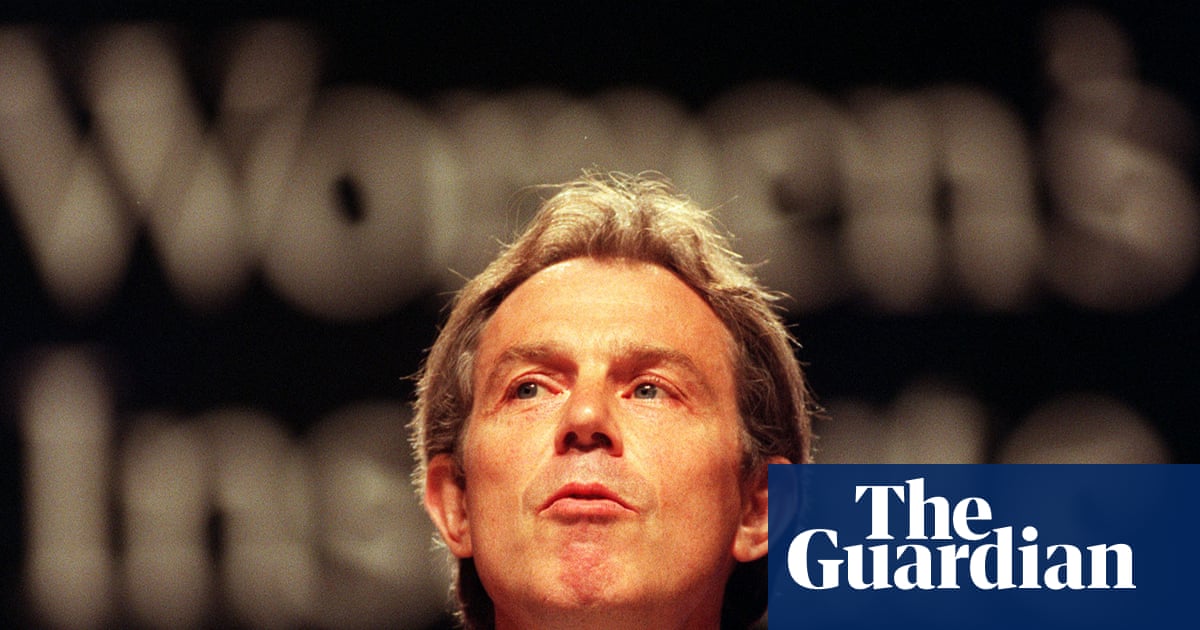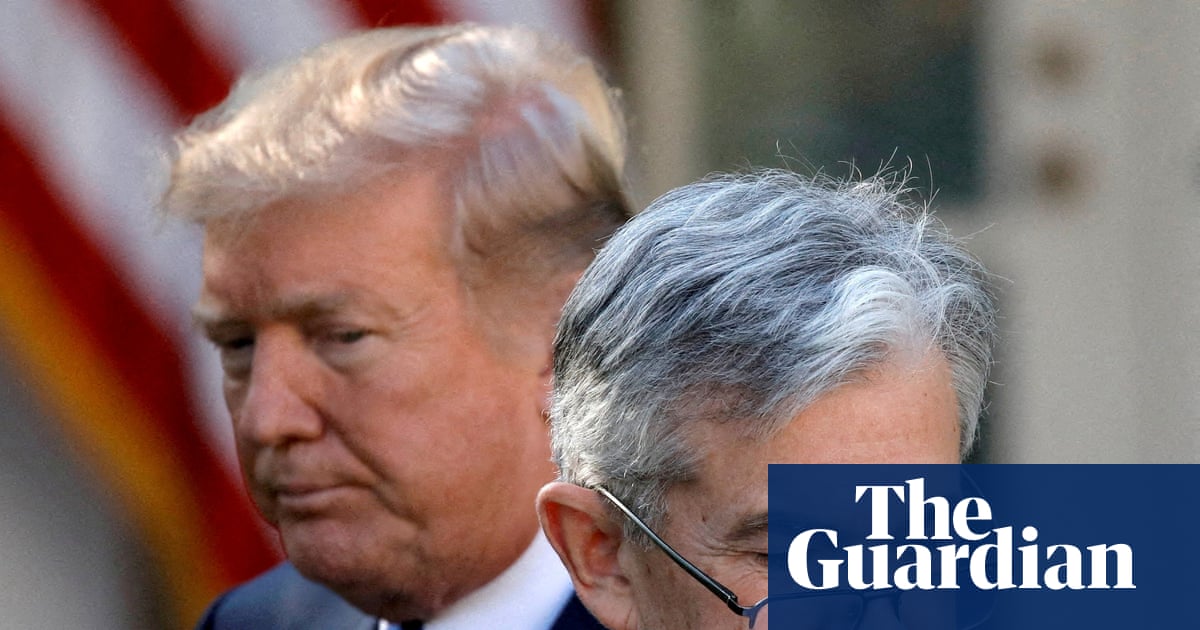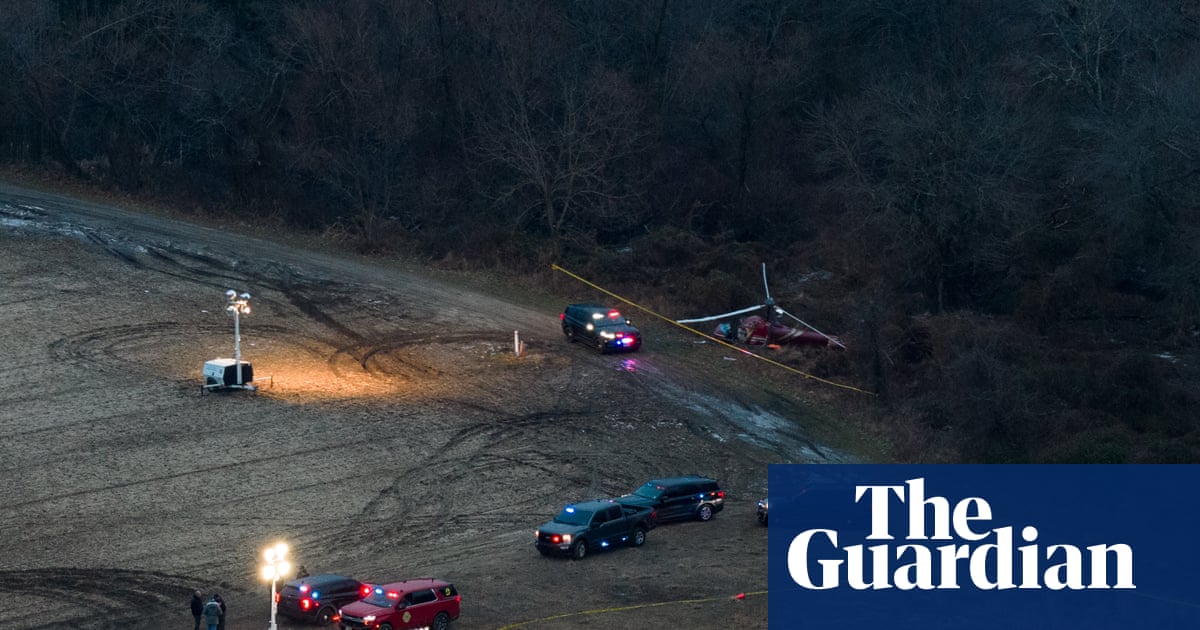The newfound camaraderie between the US and Pakistan was on full display this week as Donald Trump welcomed Pakistan’s prime minister, Shehbaz Sharif, and the country’s powerful army chief, Asim Munir, into the Oval Office, heralding them both as “great leaders”.
Having been cold-shouldered by successive US presidents, this was the first time a Pakistani prime minister had been invited to Washington in more than six years. It was also the unprecedented second time this year that Munir – who holds no official government role – held an intimate meeting with Trump, which many took as a telling signal of where the power to cut deals really lies in Pakistan.
Islamabad’s charm offensive with Trump since his re-election has included handing over to the US a high profile member of Islamic State’s affiliate in Afghanistan and publicly crediting the US president with preventing hostilities between India and Pakistan escalating into all-out war, even nominating Trump for the Nobel peace prize for his efforts.
Yet what has appeared most effective is Pakistan’s touting of its allegedly untapped natural resources – namely oil, minerals and gas – for US exploration. In July, Trump wrote on his social media platform Truth Social that “we have just concluded a Deal with the Country of Pakistan, whereby Pakistan and the United States will work together on developing their massive Oil Reserves. We are in the process of choosing the Oil Company that will lead this Partnership.”
The messaging was affirmed by Natalie Baker, the US chargé d’affaires in Islamabad, who told local media that US firms had been “showing keen interest in Pakistan’s oil, gas and mineral sectors, in line with President Donald Trump’s vision”.
Pakistan has already reaped rewards from its promise of oil. After an agreement in August, Trump gave Pakistan a generous 19% tariff on imported goods, the lowest of all south Asia nations and far below the punitive 50% tariffs that its neighbour and nemesis India is facing.
This month, a $500m (£370m) deal for the US to invest in Pakistan’s nascent minerals sector – including copper and rare earths – was announced, despite a lack of definitive data on the country’s mineral reserves.
Yet it is the promise of oil that has left experts and former government ministers even more baffled. They stress that there is no reliable proof that Pakistan has any substantive, untapped oil reserves, despite years of the world’s biggest oil companies attempting to find them.
Moin Raza Khan, a geoscientist and former managing director at Pakistan Petroleum Limited (PPL), which has been at the forefront of oil exploration, said: “What Trump is claiming about Pakistan’s massive oil reserves has nothing to do with reality. It is without the support of any data or evidence. We don’t even know where these massive reserves would be, as we don’t have any surveys and studies so far that show us.”
Khan was among the experts who emphasised that despite more than half a century of exploration and drilling onshore and offshore, no large-scale commercially viable oil wells had been discovered on Pakistani soil. While some small oil repositories had been found, they produce about 65,000 barrels a day. In comparison, Saudi Arabia produces about 4bn barrels a year.
This is far from the first time that proclamations have been made about Pakistan’s potential as a petrostate. The country imports more than 80% of its oil, which is one of the biggest drains on the state coffers, prompting successive leaders to make a push for oil exploration.
Khan emphasised that over the years, more than 30 international companies, including Total, Shell and ExxonMobil, had come to Pakistan with the hope of finding oil, but had eventually left due to the high cost and security risk of exploration and low reward.
In 2015, a survey by the US energy administration estimated that the lower Indus basin in Pakistan could have 9bn barrels of “technically recoverable oil”, a survey that was recently referenced by Pakistan’s minister of state for petroleum, Ali Pervaiz Malik.
However, that survey has been called into question by oil companies. In 2019, the multinational oil corporations ExxonMobil and Eni worked with PPL to find oil and gas reserves offshore. But after spending more than $100m drilling the Kekra-1 Indus G block, nothing was found except a waterbed.
Khan, who headed PPL during the recent failed oil exploration, said: “A total of only 1.2bn barrels of oil have been discovered so far – which is nothing – and they are claiming they can find 100 times this in just the next three years.
“It’s just impossible. There is no magic wand to multiply Pakistan’s reserves.”
Islamabad’s ministry of petroleum declined to comment on questions about Pakistan’s oil reserves.
Despite the lack of any new evidence, the country is pressing ahead with 40 new offshore and 31 onshore blocks for oil and gas exploration, which will be awarded on 31 October. US companies are among those invited for bidding.
GA Sabri, a former federal secretary at the ministry of petroleum and former director general petroleum concession, described the claims of massive oil reserves as a “political gimmick” and was sceptical about the success of the oil block auction.
Much of Pakistan’s alleged untapped oil and gas reserves are said to be in the regions of Khyber Pakhtunkhwa and Balochistan, which are in the midst of insurgencies by Taliban and separatist militants and where foreign companies have been routinely targeted.
Sabri said: “When it comes to exploration of new fields, there are high security risks.”
He emphasised that “even if the US does the drilling and starts now, it will take at least two to three decades and hundreds of millions of dollars to do this exploration – and nobody can say for sure reserves will be found”.
Sabri said the success of Pakistan’s onshore oil drilling was nothing short of “a myth”.

 3 months ago
53
3 months ago
53
